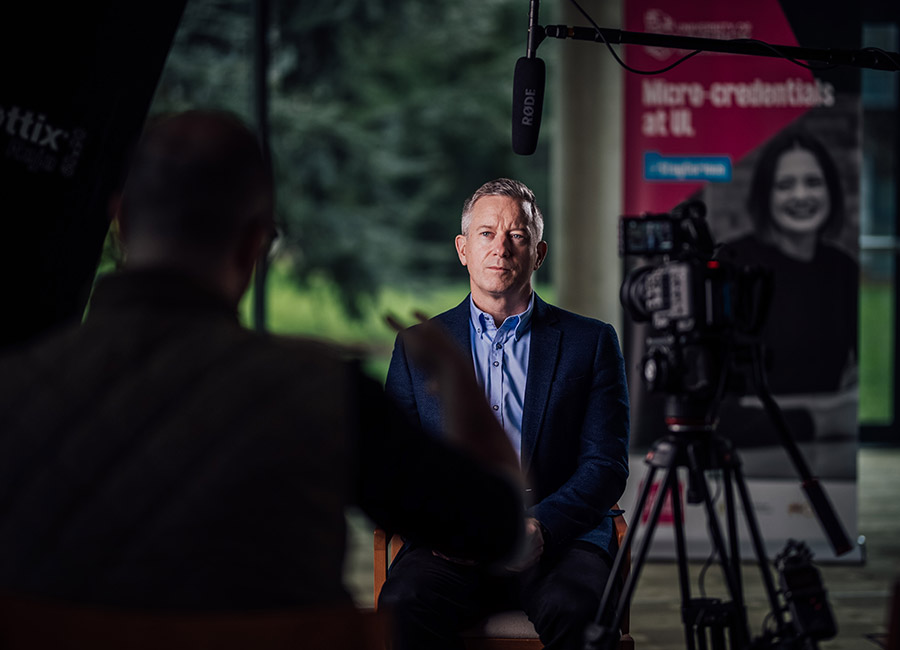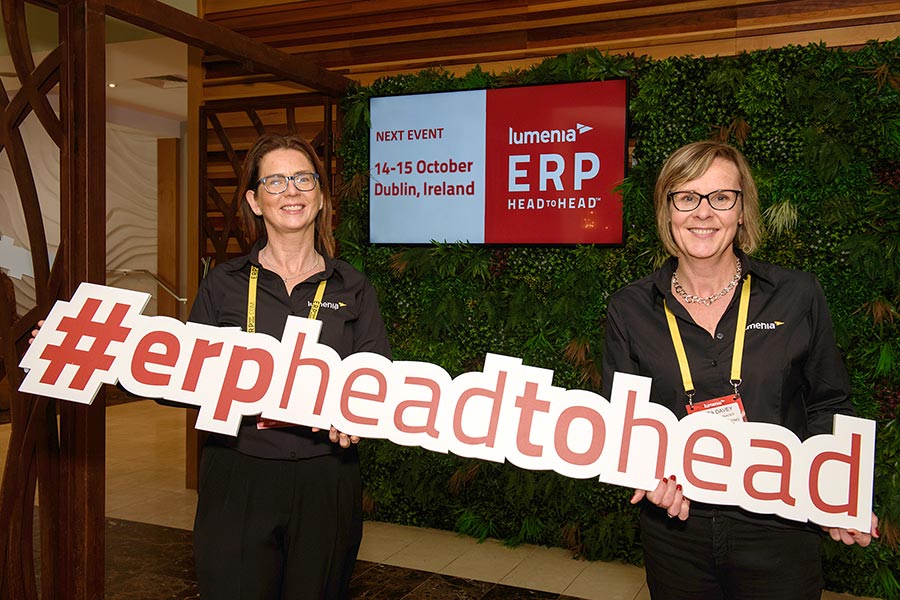There is a widespread acceptance that there are significant skills shortages in the Irish workforce as businesses embark on digital transformation and sustainability agendas.
Additionally, the vast majority of employers admitted in a recent survey that they aren’t adequately investing in their staff’s personal development despite the ever-changing nature of their work.
Employees now feel pressure to upskill in order to do their job better and to learn skills they can quickly implement, but doing so does not require a major time commitment.
University of Limerick (UL) is one of seven Irish universities addressing these challenges, through the national MicroCreds project, funded by the Higher Education Authority’s Human Capitale Initiative, by increasing capacity at higher education to deliver skills-focussed courses.
The Initiative sharpened the focus further last year by introducing up to 80% fee subsidies for students, wherein UL offer over 100 subsidised micro-credentials and eight one-year programs
MicroCreds has developed to offer short, flexible ways for professionals to upskill to meet future skills deficits both in Ireland and internationally. The full range of short courses can be found on ul.ie/gps/microcredentials.
UL offers the highest number of micro-credentials in Ireland in pioneering and essential areas of study such as Data Analytics and AI, Quality and Engineering, Economics and Tax, Sustainability, and Nursing.
Rather than taking a postgraduate degree course over one or two years, learners can, through micro-credentials, learn essential skills they can immediately apply to their work, in a matter of five to 12 weeks.
Recent polls suggest that over 50% of learners completing micro-credentials already have a postgraduate qualification and are seeking to “do their current job better”.
“It was a mixture of in class and online, so it was very easy to fit in around my working life,” said Dee Grimes, a teacher who took the UL micro-credential in Art History and Architecture. “The work was manageable, it wasn’t too difficult with a job.”
The courses are university-accredited, so students can use the credits they earn during their micro-credential course to apply for a professional diploma, which could also eventually lead to a Master’s degree if they so choose. This is providing busy professionals with a flexible and scalable approach to higher education.
Rachel Campion, a psychiatric nurse for children and adolescents, completed a micro-credential in Leading and Managing Infection Prevention and Control at UL after a long time considering whether to return to education.
She then completed another related micro-credential the next semester before going on to do the postgraduate course, and she in now planning to do a Master’s degree, which she never previously thought herself capable of doing.
“The micro-credential has helped my career as I have been able to take on a leadership role within infection prevention for Child Mental Health Services,” she said.
Senior leaders and training and development managers are increasingly using micro-credentials as a retention tool for employees, equipping them with additional competencies for their role and opening avenues of progression.
Micro-credentials offered by UL such as Introduction to Data Analytics, Introduction to Scientific Computing, Introduction to Learn Thinking, and Communication and Interpreting in Irish Healthcare have been developed with industry skill needs in mind.
Helen Brown, who works in business development in Graduate and Professional Studies at UL, said the university’s micro-credentials had been designed with industry and for industry.
“When I engage with industry, the number one thing they say about micro-credentials is that they're a game changer, that they're an excellent tool for talent retention, and that they're an excellent way of getting a reluctant learner back on the education pathway,” Brown said.
“Industries trust UL and they know that the programs that we design and deliver are going to be up to date, relevant, accredited and will meet industry needs.”
Many lecturers on UL micro-credential courses are industry leaders like Bill Hennessy, Data and Analytics Technology Leader at Johnson & Johnson who teaches the module on Digitalisation of Process.
“I'm able to bring the experiences that I have from industry that I live every day of the week, and bring those to learners in a way that they can apply in their particular business or industry,” he said.

Under the Human Capital Initiative, 50% to 80% of the course fee is subsidised by the Higher Education Authority, meaning that micro-credentials are quick to complete and complement students’ jobs, and are cost-efficient and easily accessible, too.. This subsidy is available until October 2025.
Find out more and view the full range of funded micro-credentials and one-year professional diplomas at ul.ie/gps/funded-microcreds-and-professional-diplomas-at-ul.
Photo: UL’s Helen Brown and Geraldine Carroll speaking with industry leader Timmy O’Dwyer on skills focused micro-credentials. (Pic: Brian Arthur)










